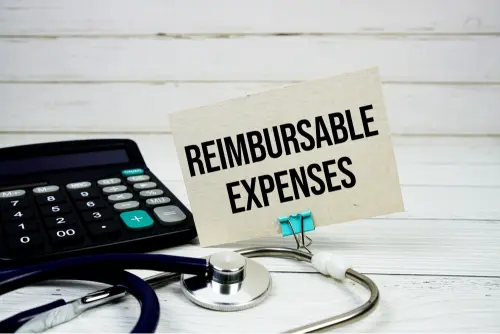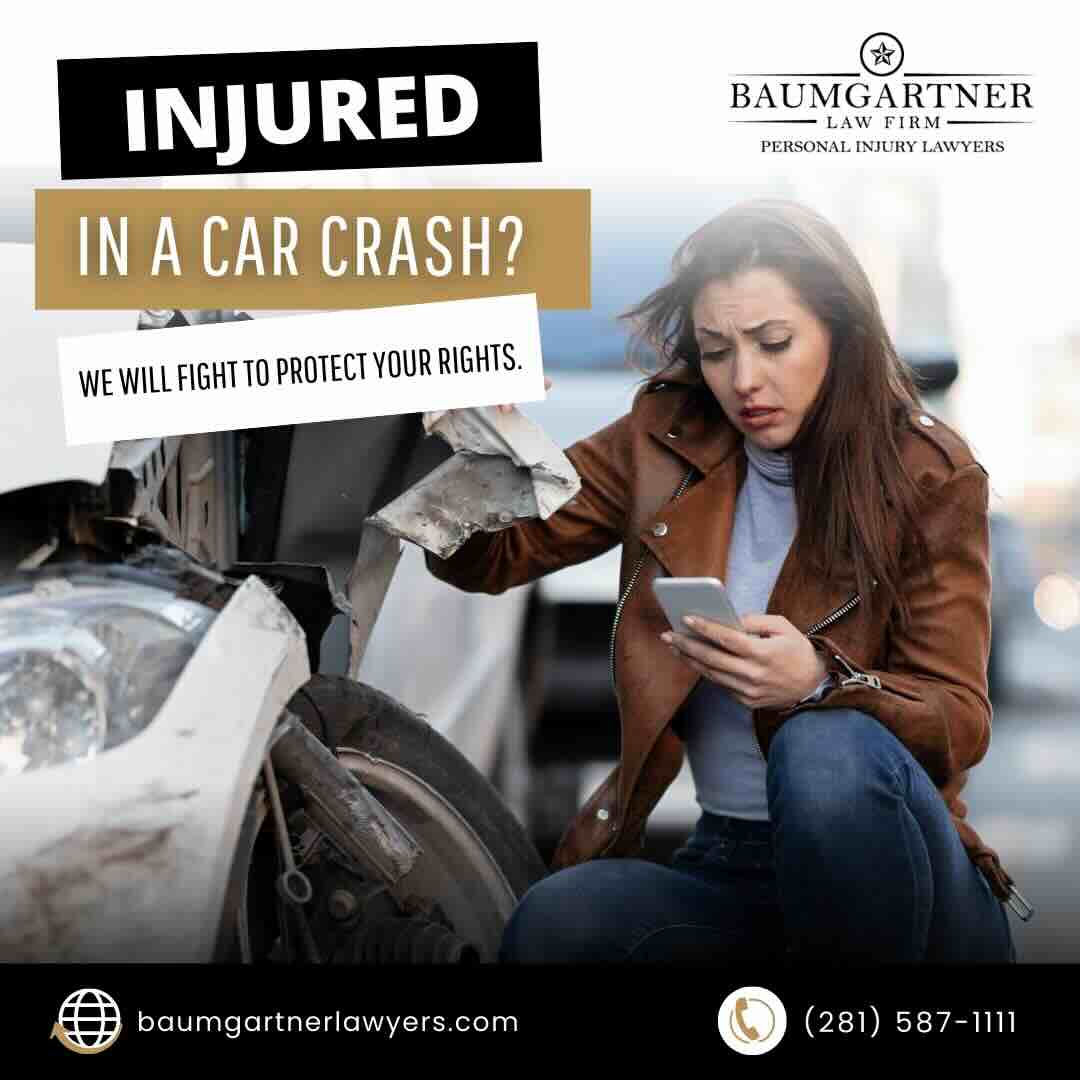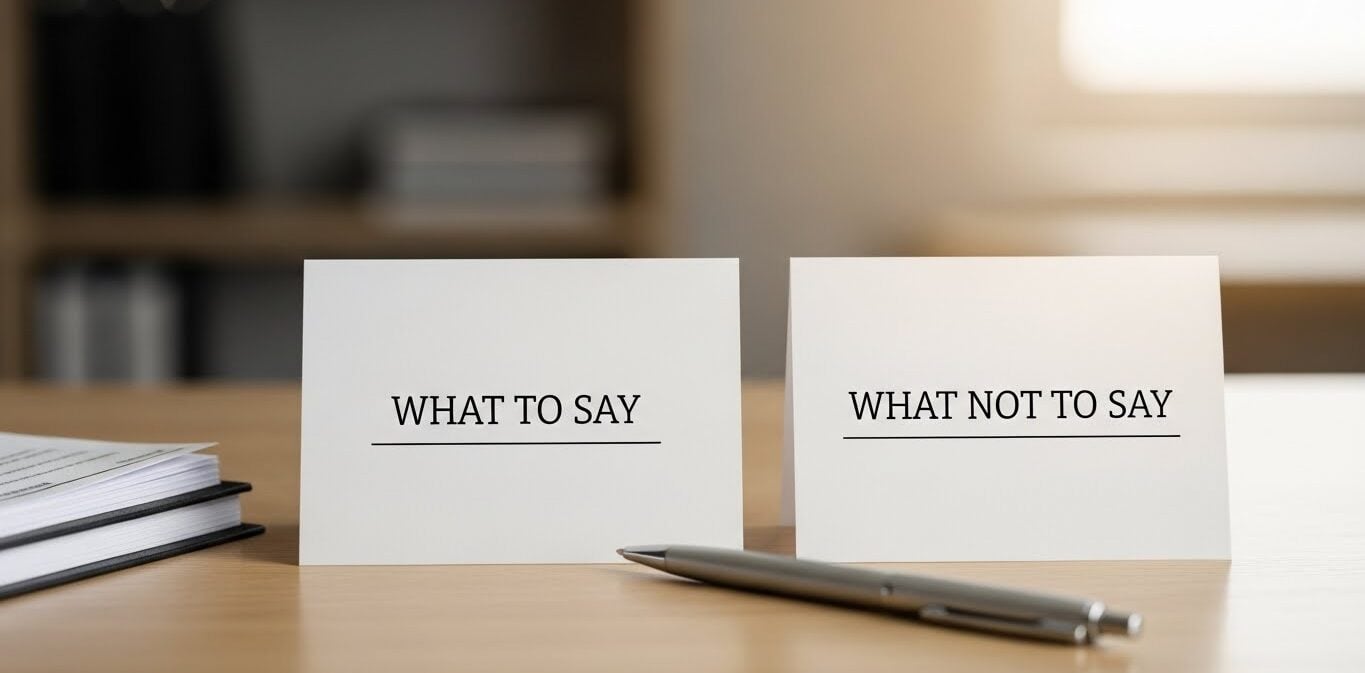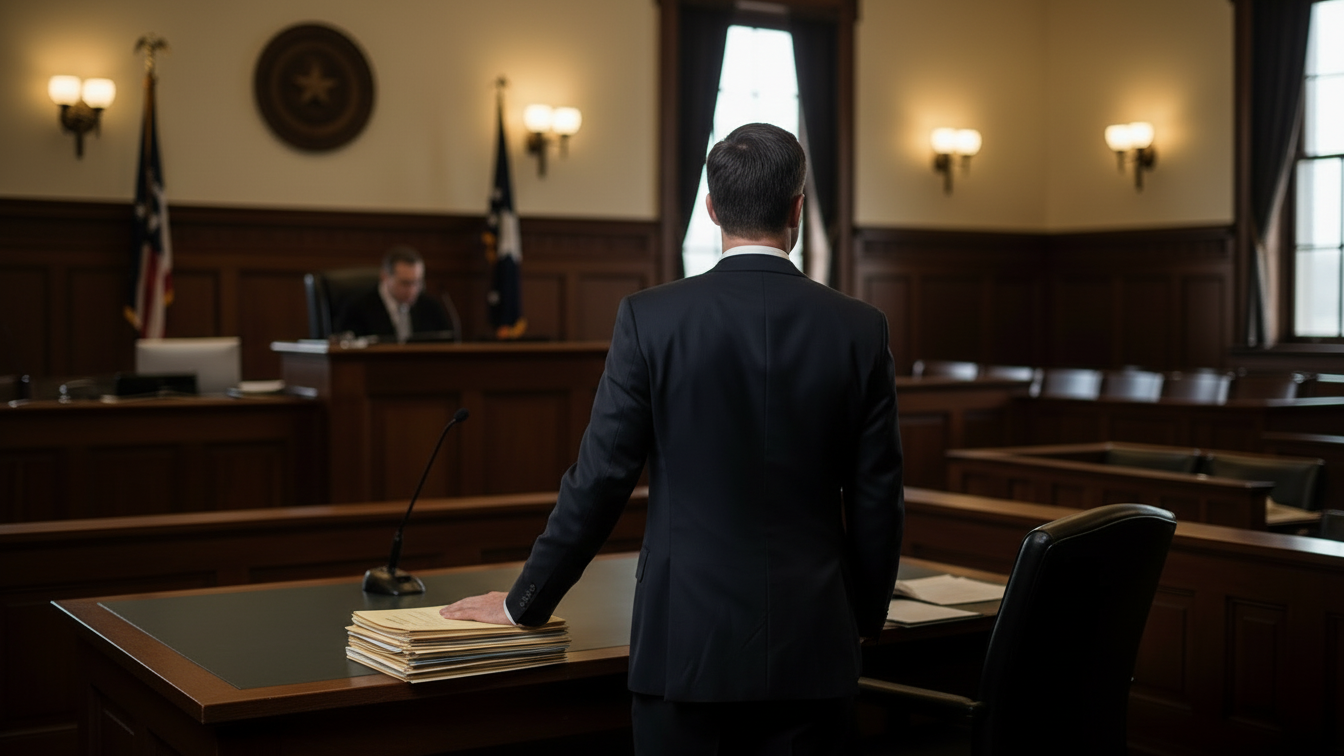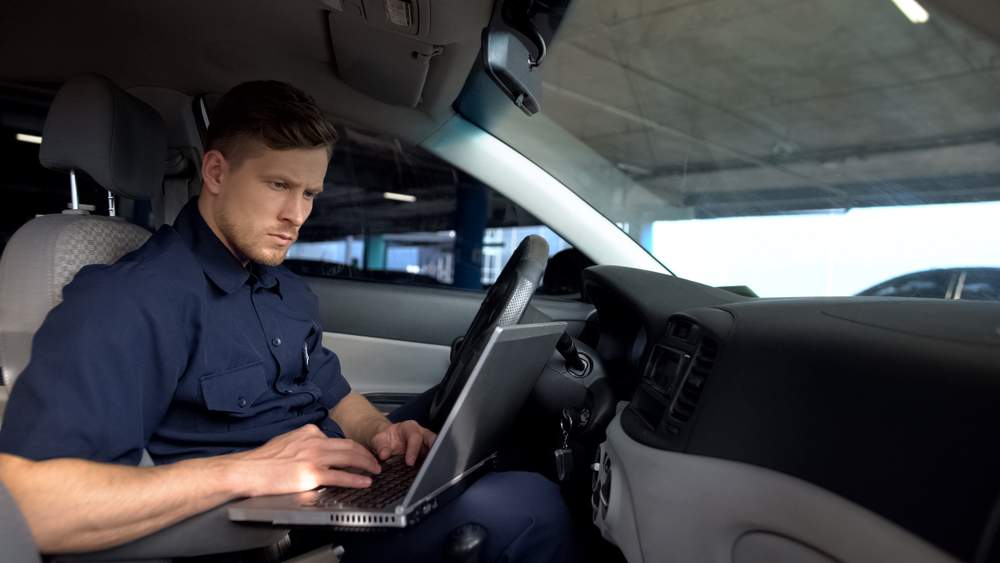Out-of-pocket expenses after a car accident can quickly add up. We’ll outline the common costs you should be prepared for, including medical bills, prescription medications, and vehicle repairs.
Key Points
- Out-of-pocket expenses after a car accident can include high costs for medical treatment, rehabilitation, emergency services, and property damage.
- Accurate documentation of expenses, including receipts and medical statements, is crucial for receiving reimbursement and compensation.
- Engaging financial professionals and personal injury attorneys can help get you reimbursed and navigate disputes with insurance companies.
Out-of-Pocket Expenses After a Car Accident
Out-of-pocket expenses can put a big burden on accident victims, often thousands of dollars. These costs can include medical treatment, prescription medications, emergency services, rehabilitation, and property damage.
Medical Treatment Costs
Medical bills are the biggest out-of-pocket expense after a car accident, including copays and deductibles that add up quickly. Visiting the emergency room or urgent care is expensive. Additional medical supplies, such as gauze, ointments, and disinfectants, may be needed. Every doctor’s visit, specialist appointment, or follow-up adds to your financial burden.
Rehabilitation and physical therapy are essential for recovery, but can be costly, especially with specialized equipment or multiple sessions. Treatments such as physical therapy for mobility or occupational therapy for daily activities can be expensive.
If you don’t have health insurance, some personal injury attorneys can help you get treatment by using a letter of protection.
Prescription and Over-the-Counter Medications
Prescription and over-the-counter medications can also be out-of-pocket expenses after a car accident. Even with health insurance, co-pays for prescriptions can still be high.
Keep receipts for over-the-counter medications for possible reimbursement.
Emergency Services and Ambulance Fees
One of the most immediate and big out-of-pocket expenses after a car accident is the cost of emergency services and ambulance fees. These costs can be high, including ambulance transportation and emergency room visits.
Knowing these costs helps you prepare for the immediate financial impact of a car crash.
Rehabilitation and Physical Therapy
Rehabilitation services are essential for recovery, but can be a big out-of-pocket expense. Billed per session fees for physical therapy appointments can add up quickly. Additional costs may include equipment and supplies not covered by insurance. Knowing these costs is important as they can impact your long-term financial stability.
Travel Expenses for Medical Appointments
Travel expenses for medical appointments are another out-of-pocket medical expense. These expenses may cover mileage reimbursement, gas, public transportation, parking fees, and rental car costs.
While your car is in the shop, additional transportation costs, such as rental cars or bus fares, can be claimed.
Additional Personal Expenses Due to Injuries
Injuries from a car accident can result in personal expenses that extend beyond immediate medical bills. These additional costs may include hiring help for childcare and household tasks, as well as home and vehicle modifications, and nursing and personal care services.
Childcare and Household Help
Injuries from an accident may require help with childcare and household tasks. Childcare costs can be high, especially if 24/7 care is needed during hospitalization or recovery.
Hiring help for household chores, such as house cleaning, adds to the financial burden.
Home and Vehicle Modifications
For those who have suffered temporary or permanent disabilities from a car accident, home and vehicle modifications may be necessary. Modifications like wheelchair ramps or lifts can greatly improve accessibility and quality of life.
Nursing and Personal Care
In-home nursing care and personal assistance can be essential for recovery, especially for those with limited mobility after an accident. Personal care costs may include assistance with daily activities such as eating, grooming, and household tasks. These essential services can also be a big out-of-pocket expense.
Property Damage and Related Costs
Property damage from a car accident can result in big out-of-pocket expenses. These costs may cover vehicle repairs or replacement, towing, storage fees, and rental car expenses during the repair period.
Towing and Storage Fees
If your car is too damaged to drive after an accident, it will need to be towed to a garage. Towing and storage costs can add up, especially if the vehicle is heavily damaged or a total loss.
An insurance exam of damages may also require vehicle storage, which adds to the expenses.
Vehicle Repairs or Replacement
Vehicle repair costs can be big, especially with extensive damage. The costs vary based on the extent of the damage and the vehicle type. If your car is a newer model, you may be able to make a diminished value claim. If your car is a total loss in Texas, the insurance company is only required to pay the fair market value, plus tax, title, and license fees. If you owe more on the car than it’s worth, that’s not something the at-fault driver’s insurance company considers in a property damage claim.
Rental Car Costs
Renting a car while your car is in the shop can be another out-of-pocket expense. Although often recoverable, these costs typically require an upfront payment with later reimbursement. Some insurance companies will direct you to a rental company they prefer, which can help you avoid an upfront payment from you.
Proving and Documenting Out-of-Pocket Expenses
Accurate documentation of out-of-pocket expenses is key to pursuing a personal injury case. Organized records increase the likelihood of supporting your claim and securing fair compensation. For some expenses, it may be more costly to prove the expense than to get reimbursed.
Keeping Detailed Records
To support reimbursement claims, keep detailed records of out-of-pocket expenses, including a comprehensive log that documents dates and amounts. Financial experts can help calculate and document all relevant expenses.
Gathering Necessary Documentation
Collecting necessary documentation is crucial for reimbursement claims after a car accident. This includes medical provider statements, receipts, and evidence of lost wages.
Keeping detailed records of conversations with medical providers and insurance companies helps validate expenses and counter disputes.
Working with Financial Professionals
After a car accident, consulting financial professionals ensures accurate accounting and planning of all out-of-pocket costs. Financial experts provide valuable insights and strategies tailored to your specific case, potentially maximizing compensation and reimbursement.
They also help document and organize expenses, which is key to reimbursement claims.
Seeking Reimbursement for Out-of-Pocket Expenses
Reimbursement for out-of-pocket expenses typically involves filing insurance claims, exploring legal options, and engaging in negotiations. Insurance only covers part of the expenses, so out-of-pocket payments are required until reimbursement is received.
Filing an Insurance Claim
Filing an insurance claim requires evidence like tax returns, pay stubs, employer statements, and a physician’s statement explaining work limitations due to injuries. Without insurance, out-of-pocket payments are required until reimbursement is received. Keeping detailed records of all expenses supports your auto insurance claim and ensures that you receive fair compensation. Lost income encompasses both current and future wages, as well as the reduced earning potential that may result from a car accident. To prove lost income, a physician’s statement should detail your inability to work due to injuries. Insurance may cover some costs upfront, but many expenses require out-of-pocket payment and later reimbursement.
Legal Options for Compensation
A personal injury attorney can help recover all eligible out-of-pocket expenses. Insurance companies often challenge these expenses, making skilled legal representation crucial for an effective defense.
Legal professionals can navigate disputes and ensure comprehensive coverage of all damages, including out-of-pocket expenses.
Negotiating with Insurance Adjusters
Insurance companies often dispute out-of-pocket expenses to lower the value of a personal injury claim. Negotiating with insurance adjusters can help you obtain fair compensation for out-of-pocket expenses.
A personal injury attorney can be helpful in negotiations to get the full amount owed.
Understanding “Reasonable and Necessary” Expenses
For reimbursement, out-of-pocket expenses for medical bills in Texas must be reasonable and necessary, directly related to the injuries sustained, and it is essential to seek reimbursement for the purpose of recovery.
Detailed notes and medical provider statements are key to proving the necessity of expenses.
Defining Reasonable Expenses
Reasonable expenses are those necessary due to injuries from the accident. Examples include modifications like wheelchair ramps and essential medical equipment.
When an expense is challenged by the insurance company, comparing charges from similar service providers can help demonstrate the reasonableness of the claim.
Ensuring the Necessity of Expenses
Individuals must prove that the treatment and care were necessary and reasonable for medical expense reimbursement. An expense is deemed necessary if it directly relates to injuries from the car accident. Documenting every expense and getting statements from healthcare providers can validate the necessity of these costs.
Navigating the financial aftermath of a car accident can be overwhelming, but understanding the different types of out-of-pocket expenses and how to manage them is crucial. From medical treatment costs to property damage and personal care, these expenses can quickly add up. Maintaining detailed records, gathering necessary documentation, and consulting with financial and legal professionals can be beneficial. By doing so, accident victims can ensure they get fair compensation and support during their recovery.
FAQs
What are common out-of-pocket expenses after a car accident?
After a car accident, you may incur out-of-pocket expenses, including medical treatment, medications, emergency services, and rehabilitation fees. Be prepared for these expenses.
Can I get reimbursed for travel expenses to medical appointments?
Yes, you can get reimbursed for travel expenses to medical appointments, including mileage, gas, and parking fees, after a car accident. Keep all receipts and documentation for the reimbursement process.
How do I prove my out-of-pocket expenses?
Keep detailed records and gather necessary documentation, such as receipts and invoices, to substantiate your out-of-pocket expenses. Consulting with financial professionals can also help you with this process.
What are reasonable and necessary expenses?
Reasonable and necessary expenses are costs directly related to injuries from an accident that are essential for recovery and justifiable in pricing. These expenses must be directly linked to medical treatment and rehabilitation.
Do I need a personal injury attorney to recover out-of-pocket expenses?
It’s recommended to consult an auto accident attorney in Houston, TX, to recover out-of-pocket expenses, as they are experienced in dealing with insurance companies. They can ensure you get what you’re entitled to.
Baumgartner Law Firm
6711 Cypress Creek Pkwy
Houston, TX, 77069
(281) 587-1111
Visit our Law Firm in Houston


